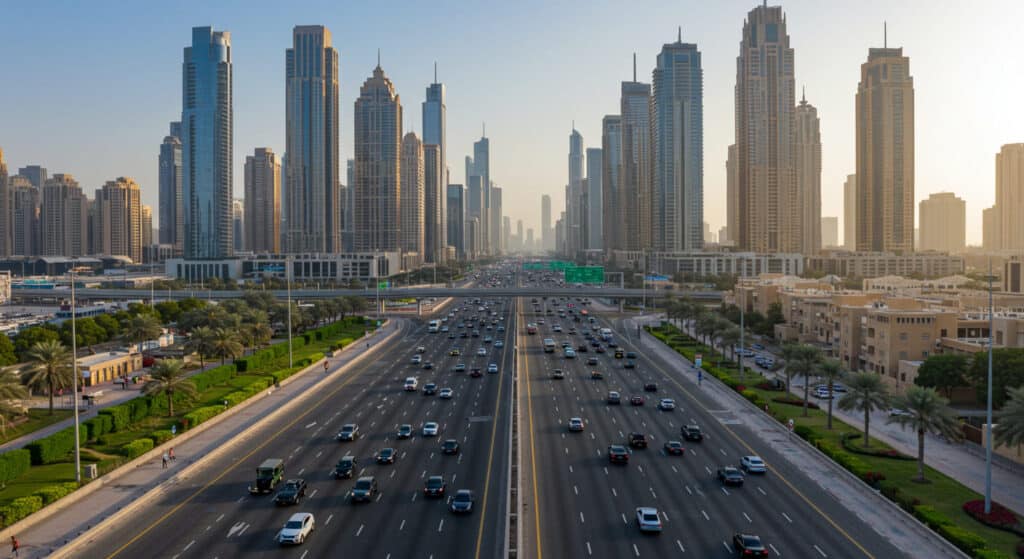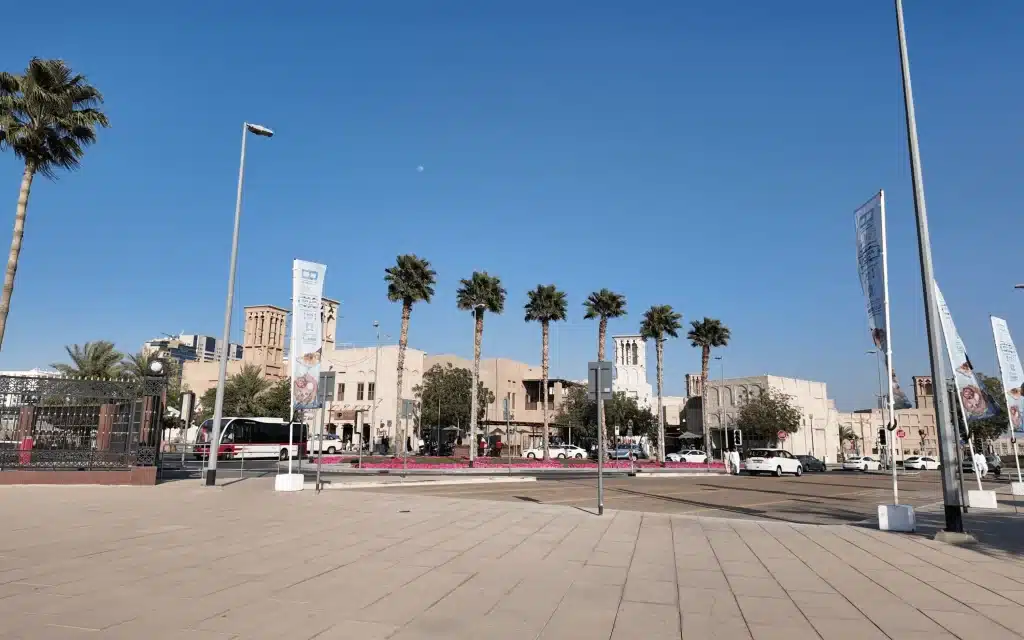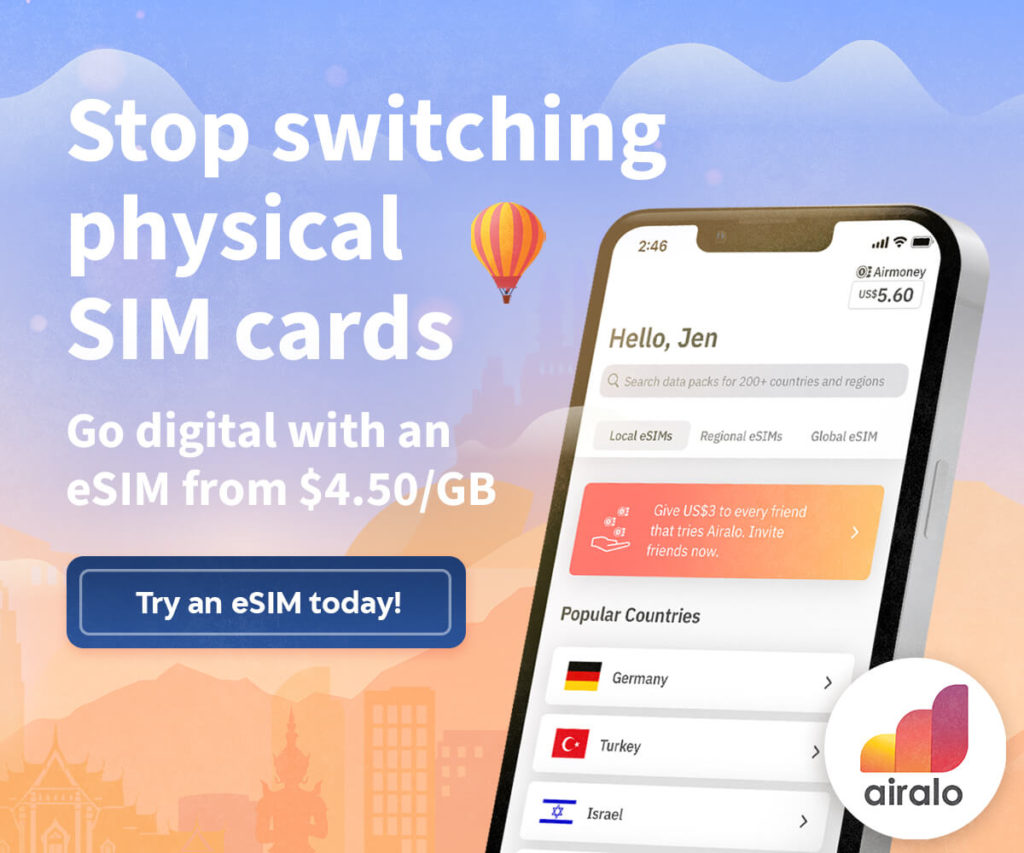When you ask most Kenyans which city they would like to move to, a significant number will answer emphatically by saying Dubai.
Dubai is often regarded as a place where one can earn a substantial income and enjoy a luxurious lifestyle. In fact, there are over 50,000 Kenyans in the UAE, with Dubai accounting for approximately 75% of this number.
Related: Kenyans in Dubai
To gain insight into this, we spoke with a Kenyan expat who has been living in Dubai since September 2023 to get a firsthand account of what life is truly like for an African, and in this case, a Kenyan, in this popular city.
Disclaimer: These are the opinions and personal experiences of the interviewee and do not necessarily represent every Kenyan’s experience in Dubai
Q1: Why Dubai? What led you to make the move?
Actually, I never had plans of leaving Kenya. My sister has been living here for 13 years, and she suggested I try my luck in Dubai, especially since I was exploring other job options back home. Nairobi felt like a tough job market, and I’d had some really unpleasant interview experiences. The idea of a different environment and new possibilities was very appealing, so I decided to go for it.
Q2: How easy or hard was it to secure a job in Dubai?
For me, it was surprisingly easy. My sister knew someone at a company, so I had an interview the day after I landed, on September 14th, 2023. I received my acceptance letter just two or three days later. In my line of work, it seems relatively straightforward to find employment if you have the right qualifications. From what I’ve gathered by speaking to others, this generally holds true across many professions here.
Related: How to Set Up a Business in Dubai – Step by Step Guide
Q3: How easy or hard was it to settle in terms of housing and general circulation?

Having my sister here for almost 14 years gave me a significant advantage in terms of settling in, especially with housing. The biggest challenge for me was the culture shock, but not in the way most people might expect. Surprisingly, Africans generally don’t experience the “skyscrapers and tall buildings” culture shock as much as, say, white people from rural areas in their home countries.
My culture shock stemmed from the lack of walkability. Unlike back home where you can easily walk from one place to another, Dubai’s urban planning means you often need a taxi to get around, even for short distances to shopping centers. A vehicle is almost a necessity for efficient transport.
Another major shock was the currency. The Dirham is significantly stronger, closer to the US dollar. You see prices in 20s, 30s, 40s, and initially, it’s hard to grasp that 100 Dirhams isn’t a lot of money. If you constantly convert back to Kenyan Shillings, you’ll get high blood pressure! Dubai is a very expensive city, so expect things to be two or three times more costly than in Nairobi, even for fine dining.
Eating out is also far more common than cooking at home because fresh groceries and ingredients are incredibly expensive. For example, a McDonald’s meal might cost 15 Dirhams, while a cabbage could be 70 Dirhams, plus 5 Dirhams for onions – it adds up quickly. This was a huge adjustment.
Lastly, the taste of food is remarkably different here. Beef, for instance, just isn’t the same. And it’s little things, like seeing a flag on vegetables in the supermarket indicating their origin (like Kenyan avocados!), that are cute but also a reminder of how things are sourced globally.
Related: Should You Move to Dubai in 2025? Expat & Digital Nomad Guide
Q4: What is the work culture like in Dubai?
The work culture in Dubai is a fascinating blend of crazy and balanced. People work intensely during their designated hours. If your work hours are 9 to 5, employees strictly adhere to that, even with lunch breaks. Messages sent at 1:01 PM during lunch will likely be replied to at 2 PM. People are very disciplined with their time.
For me, as an employee but with a self-employed structure (commission-based with KPIs), it’s very flexible. I manage my own time and can work whenever I choose, as long as I meet my weekly targets. Many people also work from home, with some only needing to go to the office once a month. My friend, for example, even takes two-month leaves and works from Nairobi, which is amazing!
However, this experience is not universal. My insights are based on specific types of jobs. Individuals in construction or similar labor-intensive fields would have a very different perspective. During the incredibly hot summers in Dubai, construction workers might only work 6 hours a day due to humidity, as safety is paramount. Despite these variations, people generally make it work.
Q5: Do you face any discrimination as an African/Black person in Dubai?
Yes, discrimination does exist, but it’s not outward or aggressive like the “Karen” videos you might see elsewhere. Dubai has very strict laws, and people generally keep to themselves. They are aware that the country can deport them at any moment for not adhering to rules, so outward displays of discrimination are rare. It’s more about subtle cues and microaggressions.
For example, I’ve had someone tell me, “Oh, you’re so beautiful… for a Black girl.” Or, in luxury establishments, you might be eyeballed by staff who seem surprised to see a Black person there, implicitly questioning how you can afford to be in such a place. There’s a tendency to associate African women with sex work, leading to assumptions about how they’ve achieved their success.
Discrimination is also prevalent in the restaurant industry. Many Africans find themselves needing to call and book tables with a fake accent to secure good seating. If you call with your normal accent, you might be told they are fully booked or given undesirable tables. Once you show up and they realize you’re Black, they might become passive, rush your order, or try to hurry you out, assuming you’ll order something cheap. They are often surprised when Africans turn out to be big spenders.
Taxi drivers sometimes display prejudice, asking where you’re from and then making comments like, “Oh, Africa? We know we are better than Africa,” even if they are from countries that are not doing better than yours. It’s these subtle but hurtful instances that stem from the color of your skin.
Interestingly, some of the most significant discrimination comes from Black Americans who, having faced racism in their own country, sometimes act superior when they come to Dubai, especially since they are often highly regarded by other groups here.
Q6: Would you say the pay matches the lifestyle in Dubai?

This is a nuanced question. For professions like taxi drivers or those in hotels, I personally don’t believe the pay matches the lifestyle they deserve. In my commission-based job, my income depends entirely on my hard work, but it means there’s no basic salary, so a slow month can be challenging.
With the influx of expats, there’s a growing sentiment that salaries are declining. Given Dubai’s high cost of living, I’d say the people whose pay truly matches their lifestyle are entrepreneurs or expats who arrive with significant savings from countries with stronger currencies, providing them with a cushion. Generally, the higher your job position, the more money you make, and thus, the better your lifestyle.
Related: Dubai’s Crowded Market: Expat Salaries Stagnate as Competition Heats Up
It’s important to remember that Dubai offers many discounts and deals on experiences. People often take advantage of weekday rates, which are cheaper due to less traffic. So, while the direct pay might not always seem to match the perceived luxurious lifestyle, there are ways to make it work.
Having a car also makes a huge difference. Fuel is cheap, and the UAE is a tiny country, so getting around is easy. Many jobs also come with allowances, particularly for housing, which significantly helps. While they may not cover the entire rent, they provide a decent allowance, making a comfortable living more achievable.
Q7: On average, what would someone spend in a month to live a decent life in Dubai?
“Decent” is subjective, but in my opinion, earning a monthly salary of between 10,000 and 15,000 Dirhams is ‘enough’ for a comfortable life. This takes into account rent, which can vary from 2,000 to 5,000 Dirhams. Groceries might cost around 1,000 Dirhams for two people, and fuel for your car could be another 1,000 Dirhams, depending on your commute. These are all variables, but with 10,000 to 15,000 Dirhams, you can live comfortably, not lavishly, but you’ll be able to enjoy yourself and survive. People earning 40,000, 50,000, 60,000, or even 100,000 Dirhams are the ones truly living the “Dubai dream.”
Q8: Is it easy or hard to make friends in Dubai?
This really depends on your personality, but generally, Dubai can be a very lonely city if you don’t know anyone and aren’t outgoing. Unlike Nairobi, where neighbors often introduce themselves and become friends, people here tend to keep to themselves. I don’t even know who lives on my floor, despite there being 15 apartments! Africans tend to be more social, saying “hi” and “good morning,” but other nationalities aren’t as outgoing.
You have to actively work to make friends, often through your workplace or by joining apps like Bumble Friends. My sister even recommended Bumble Friends to me.
You match with people, set your preferences, meet up, and build friendships from there. It’s not common for someone to just approach you in public and strike up a friendship.
Often, friendships form through connections, like a friend in Nairobi knowing someone in Dubai who you can link up with. So, I’d say it’s “medium” to “hard” to make friends.
Q9: Is there a Kenyan/African community in Dubai?
I’m sure one exists, but I haven’t personally come across a formal, overarching Kenyan or African community group, like a Facebook group. In my line of work, we have a specific Kenyan group for our profession.
Generally, the Kenyan community here is more informal – it’s you and the other Kenyans you know, and by extension, other Africans.
When Africans meet each other here, there’s always an immediate excitement, a feeling of home. We tend to interconnect over time. You might know one Kenyan who’s been here a while, and they’ll know three others, and it branches out like that. So, while there might not be a “community per se,” we definitely find ways to link up and support each other.
Q10: What aspects of life do you enjoy the most about living in Dubai?
The absolute best aspect, which everyone will tell you, is the tax-free personal income. Knowing that your money is entirely yours is incredibly motivating.
Beyond that, I truly enjoy meeting people from diverse backgrounds and cultures. Dubai is a true melting pot, with people from all over the Middle East, North Africa, Europe, America, and Asia. It has significantly broadened my perspective compared to living in Nairobi. You learn about different cultures, try new cuisines, and explore various landscapes. It’s incredibly eye-opening.
The shopping scene is also fantastic, with everything from basic stores to ultra-luxury boutiques. This extends to cars and other aspects of life. It’s a place where you see the full spectrum of life, from those with very little to those with everything. This exposure makes you realize that the sky truly isn’t the limit; anything is possible.
Even in terms of personal growth, it’s inspiring to hear people’s stories – their struggles, how they overcame challenges, and how they rebuilt their lives here.
Dubai encourages you to be multifaceted. The resources and systems are in place for you to thrive, whether it’s through fitness challenges initiated by the Vice President or free yoga sessions at the Palm. It’s a place that fosters a different mindset and perspective on life.
Q11: What are the most common challenges Africans face in the workplace in Dubai?
The biggest challenge is discrimination, particularly if you don’t come to Dubai through the proper channels. Agencies in Kenya that promise household jobs or assistant roles often lead to difficult situations.
These scenarios can be incredibly tough, as many people have suffered or even died due to exploitation. If you come through such an agency, you’ll often be perpetually seen and treated as a house help, lacking freedom and respect.
To avoid this, my advice is to save up and apply for good jobs directly online. Don’t rely on unknown agents. If you’re coming to job hunt, ensure you have enough money for accommodation and living expenses while you search independently.
If you come as an entrepreneur, make sure you have the capital to start your business. Having the financial freedom to leave if a situation becomes unhealthy is crucial.
Knowing someone established in Dubai is also invaluable. If things go south, they can offer accommodation or help you get back home. If you’re in a situation where you can’t freely leave the country or quit your job, you’ll likely face significant challenges and be treated poorly.
When you have freedom and options, a certain level of respect automatically comes with it, even from those who might otherwise discriminate.
Unfortunately, Africans are sometimes perceived as engaging in sex work, leading to preconceived notions and dangerous situations. It’s vital to come here with your own resources and a support system.
Q12: What advice would you give to other Kenyans/Africans thinking of moving to Dubai?
My primary advice is to do it the right way. Save up, buy your own ticket, and get your own visa. If you plan to come and “try your luck” (meaning job hunt for three months), ensure you have your own accommodation and sufficient funds.
Do not rely on unknown agents or allow someone you don’t know to pay for your flight. Many promises made by these agents turn out to be empty.
If you come the right way, you are almost guaranteed not to come out empty-handed. The ability to take your passport, pay for a flight, and go home if things don’t work out is paramount. If you put yourself in a situation where that’s not possible, it’s best not to come at all. Keep applying for jobs online until you find a company willing to foot your bill and bring you here.
Until then, build your life in Nairobi, climb the career ladder, or save your money. By the time you arrive in Dubai, you need to have “value” – whether it’s a secured job, significant savings, or a valuable skill. This value ensures you won’t lack opportunities or respect.
I’ve been incredibly lucky to have my sister here. She has navigated the ups and downs with me, mitigating issues like loneliness and culture shock. Having someone to talk to and help you adjust is a blessing.
If you don’t have a person, then ensure you have enough money to fill that gap – enough to go out, have fun, make friends, and experience the city. Coming any other way will be an uphill battle.
Q13: How has living in Dubai changed your personal or professional goals?
Living in Dubai has profoundly shown me that anything is achievable, both personally and professionally. There are no limits, nothing stopping you, nothing holding you back. It has truly opened my eyes to the power of doing things the right way.
In Kenya, we often feel limited by connections or a sense of “I wish I knew someone.” Here, I’ve seen that you can achieve your goals entirely on your own through hard work.
The city is designed to support entrepreneurs and businesses, with systems in place to help you open companies or even get a mortgage as a non-resident. There’s no need for bribes or special favors; the channels are clear and efficient.
This has made me look at my personal and professional goals with a new, almost “delusional” mindset. I write them down, even if they seem impossible in the moment, because I’ve realized that if you map out the steps, you can actually get there. Once you have a job and residency here, everything else is at your fingertips because the systems work for everyone.
If you come here the right way, with the right mindset and approach, nothing is impossible. Dubai truly is a city where dreams can come true.
It’s about recognizing opportunities, thinking outside the box, and leveraging the resources available. Even if your business ventures don’t pan out, you’ll leave with a completely different mindset and perspective on life, which will serve you wherever you go.
It’s a modern city that embraces diverse career paths, not just traditional ones like doctors or lawyers. You can start a business selling something as simple as flavored Kenyan tea and find immense success. It’s about identifying needs and filling them in a place that encourages innovation.









